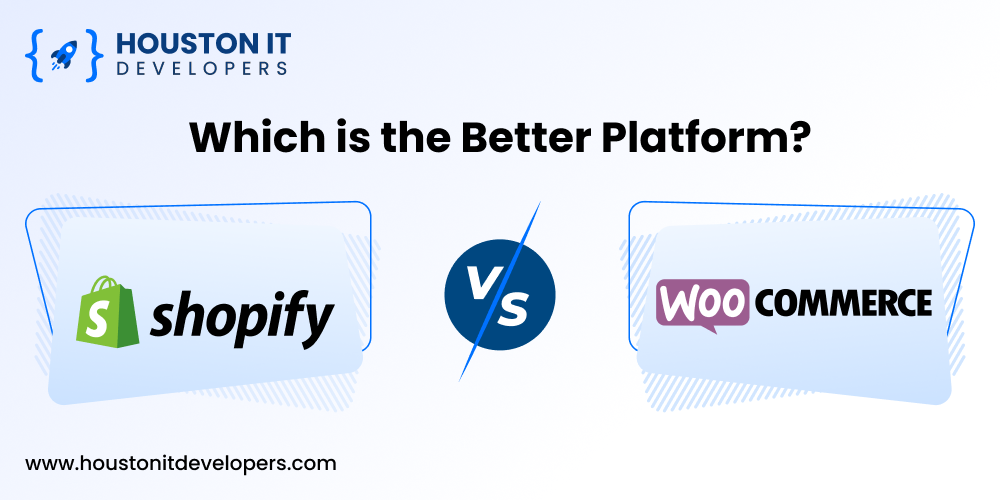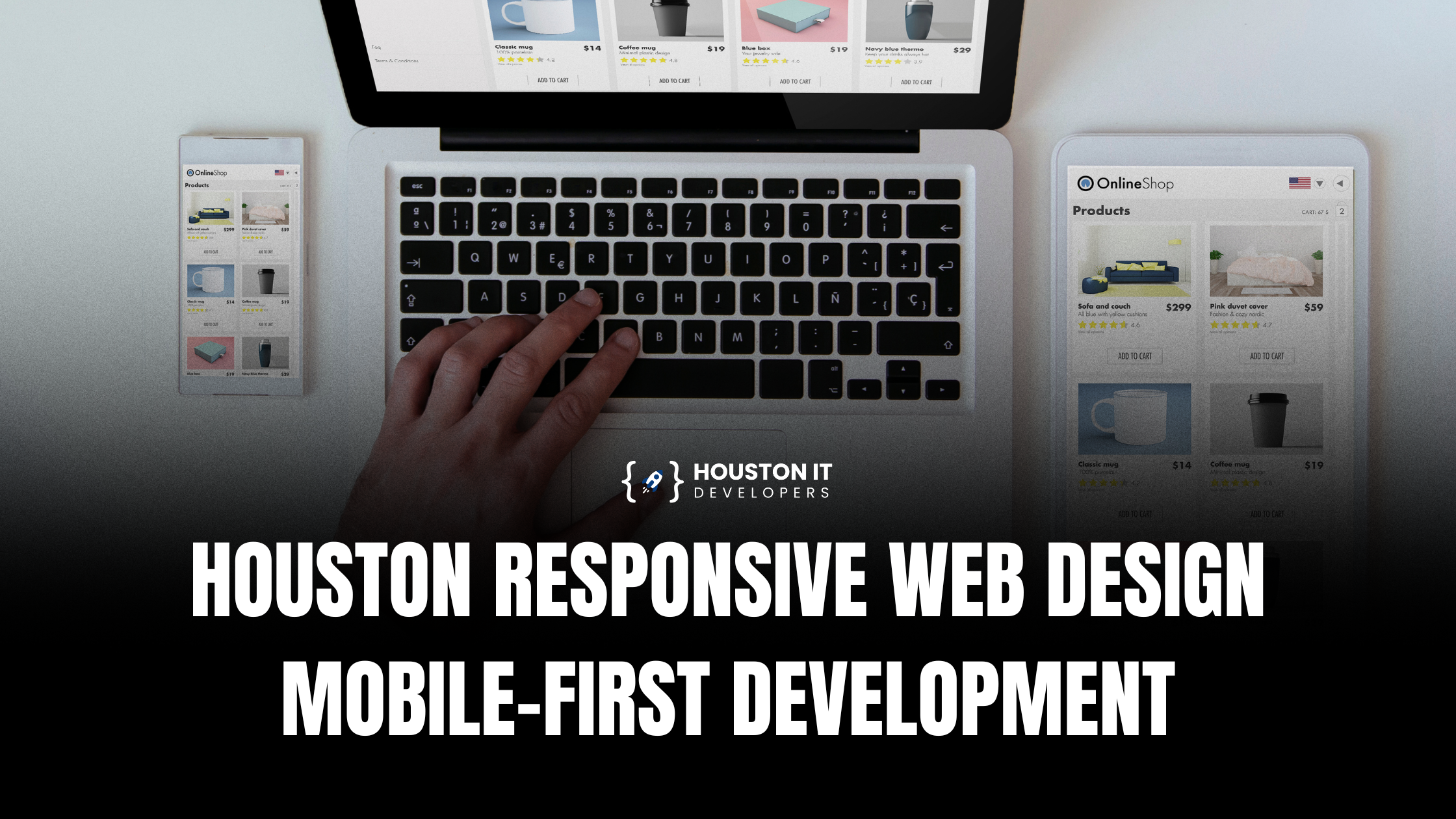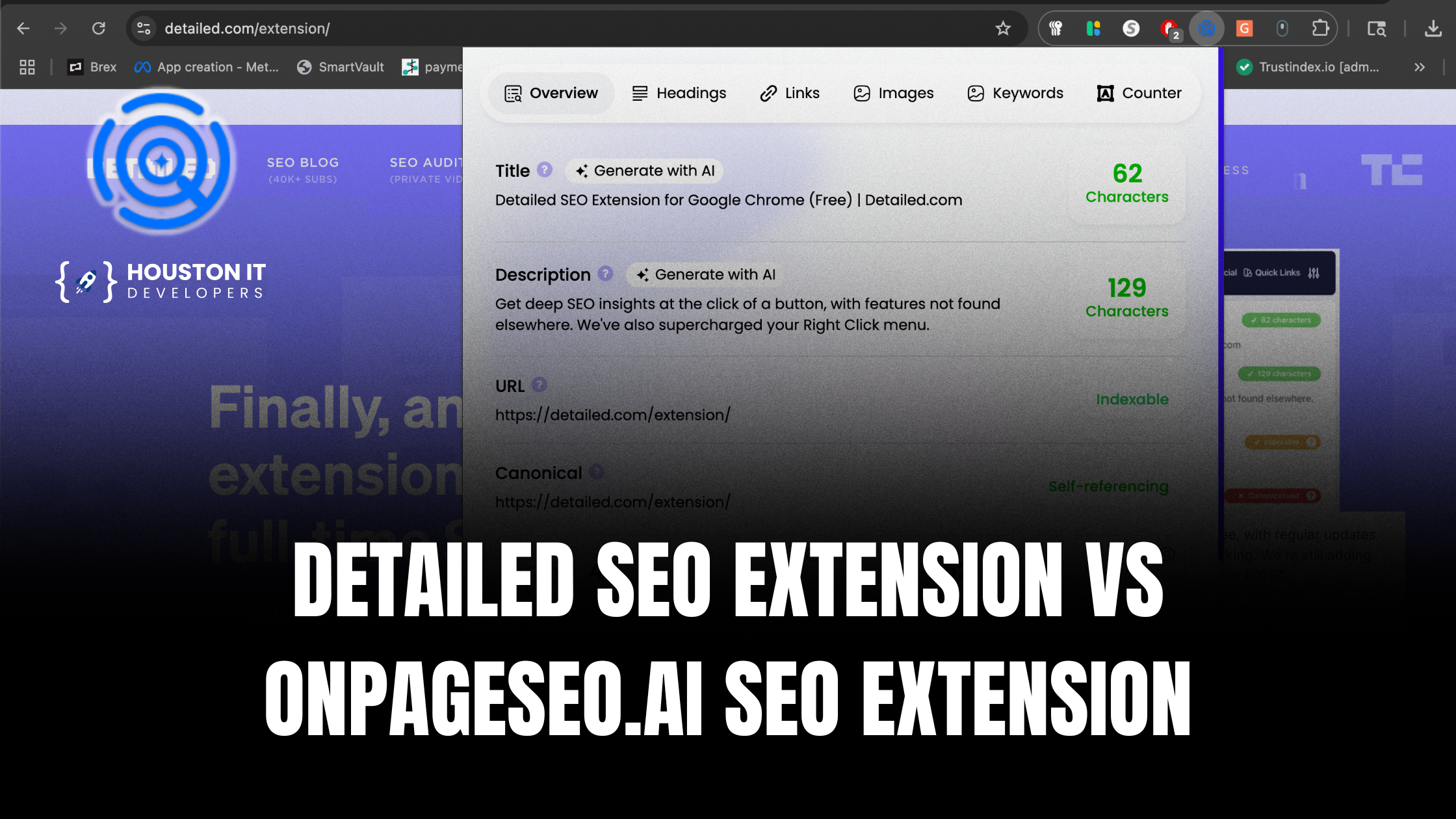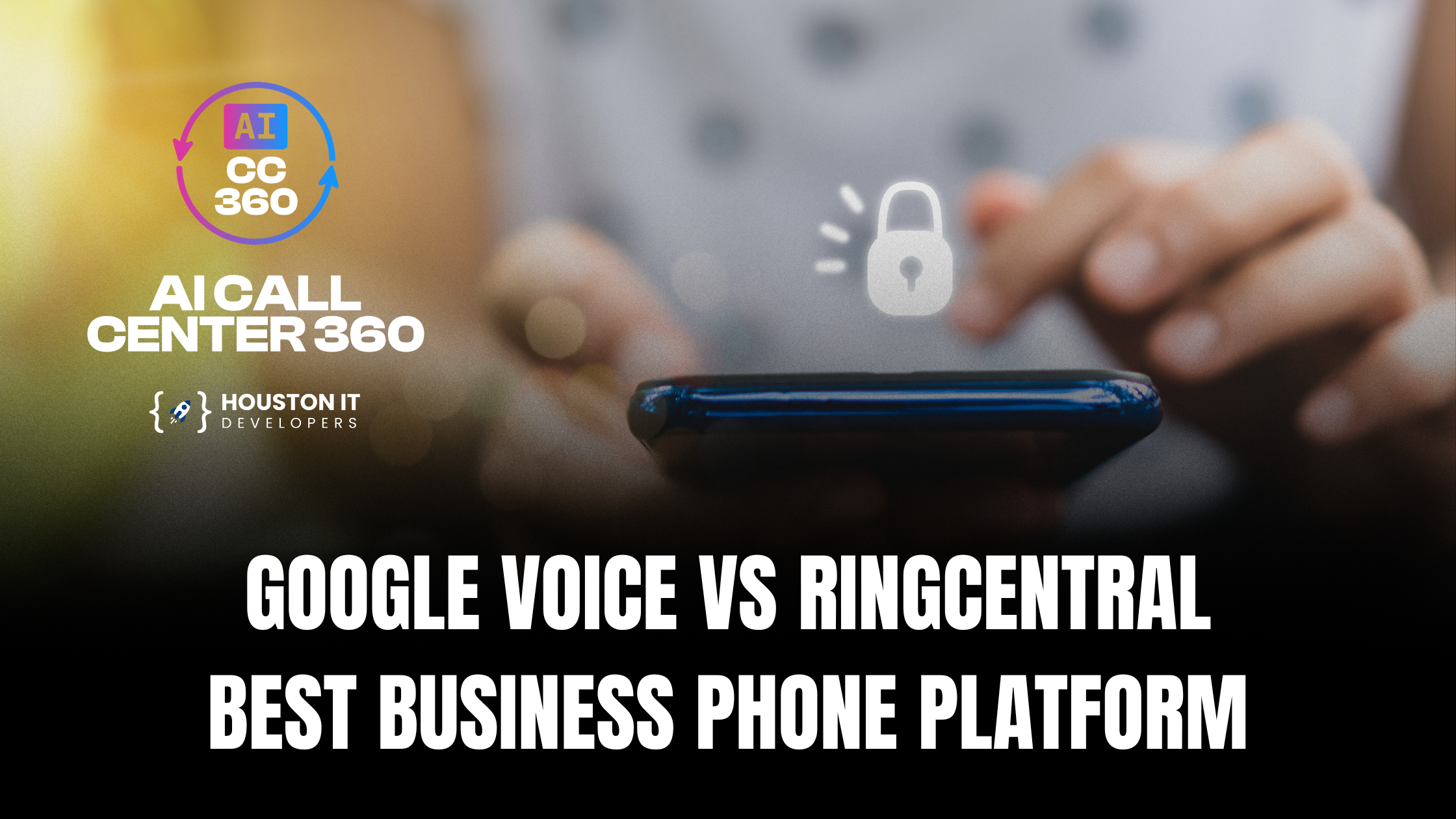Website or mobile app development is not easy, especially when you have too many choices. For instance, to build your online store, you have Wix, Shopify, WooCommerce, Magento, and many more e-commerce website-building platforms. How will you decide which is the best?
The easiest way is to understand the needs of your online store. To make your task easy, we start by comparing two popular platforms, WooCommerce and Shopify. Before we start with a step-by-step WooCommerce vs Shopify comparison, let’s see the pros and cons of each.
Shopify pros:
- The prices are transparent and are on a monthly basis
- It has thousands of Shopify apps to choose from. These can be used to add features to your store.
- The themes available on Shopify are responsive, user-friendly, and attractive.
- Shopify offers hosting and security services
- It is very easy to launch an e-commerce store on Shopify
- It is a great option for dropshippers
- It offers the best customer support
Shopify cons:
- Since Shopify handles everything from hosting to security, you don’t have much control over your store.
- Customization is limited and better in other platforms
- You have to pay a monthly fee and these charges may go higher
WooCommerce pros:
- It offers complete customization of your store
- It offers you better control over your store
- It has a huge online community and getting help is easy with the available resources
- It has an endless supply of themes and plugins
- WooCommerce which itself is an e-commerce plugin on WordPress is available for free and easy to install and configure
WooCommerce cons:
- When compared to Shopify, WooCommerce is a bit of a learning curve.
- Even though WooCommerce is free, the other necessary plugins and themes for your store may be expensive
- You have to manage everything from hosting to security and from maintenance to backups.
Now, let’s get into WooCommerce vs Shopify comparison and see if there is a clear winner.
1. Design
The visual quality of the themes in Shopify is great. It has only around 54 different store templates of which 10 are free. But each theme has variations. They are sleek with clean aesthetics. Shopify outsources the theme designs to professional web designers. This is the reason why its themes are creatively different and engaging. The themes are costly and go as high as $200. Since themes are not in abundance, you have to go for customization lest all of the Shopify stores start looking the same. Its Theme editor is easy to use and allows you to quickly adjust colors and styles. If in-depth customization is required, you may have to hire website and mobile app development services to utilize the platform’s ‘Liquid’ language and make changes in it.
As said earlier, WooCommerce is a plugin on WordPress. It is built to sync with all the WordPress themes. To make your ecommerce store look great, select themes that have specifically been built with WooCommerce in mind. WooCommerce has its own default online store theme called Storefront which is free. These can be further customized with child themes for $39 or more. You can even opt to buy WooCommerce-compatible themes from third-party stores such as ThemeForest and ThemeAisle.
Even though Shopify has wonderful themes, they are limited. WooCommerce has the advantage that it is open-source and you can always buy and install any theme you like.
2. Price
Don’t be deceived by the fact that WooCommerce is a free plugin. Yes, it is free, but then, you have to pay for the theme, hosting, domain name, SSL certificate, and even plugins. Extra features such as the SEO plugins cost $50 and upwards even though they are one-time payments.
Shopify is an all-in-one solution with its own SSL certification, subdomain, hosting, and software. The pricing starts at $29 per month (Basic Shopify).
When it comes to pricing, Shopify has a transparent policy whereas WooCommerce has additional costs
3. Features
Shopify offers almost everything inclusive in its pricing. From the very start, Shopify gives you features such as-
- Unlimited product listing & file storage
- Free SSL certification & automatic fraud analysis
- Gift cards & discount codes
- Mobile commerce optimization
- Dropshipping module
- Multiple languages & editable HTML & CSS
- Social media integration & credit card payments
- Both physical & digital products in your store
- Product importing through CSV files and many more
Now, when we talk about WooCommerce, it also offers similar features. But the main difference is that all are add-ins and it may be difficult for a layman to figure out the plugins needed to integrate into WordPress to make a feature-rich e-commerce store.
4. Ease of Use
Once you sign up for Shopify, it guides you through the entire store setup process. It is straightforward and doesn’t need any designing skills to get through it. You can easily access every option from the sidebar in your dashboard. Even when handling products, all are available in a single panel and you can easily manage it without any interruptions.
WooCommerce is also easy but you need to handle some things before you start to work on it. You have to get a domain name, sign up for a hosting account, install WordPress, then install a theme and WooCommerce plugin before you can start working on customizing your store. Unfortunately, these may prove to be challenging for a layman. Once, you install the WooCommerce plugin, it is pretty much the same as Shopify. Hiring the services for website and mobile app development is best when you have to set up your e-commerce store on WooCommerce.
Considering the initial hassle in a WooCommerce store, we can say that Shopify is easy to use.
5. Support
WooCommerce is an open-source plugin. You get references all over the net about its usage and features. There are various WordPress forums to get support.
Shopify provides 24*7 customer care. It is active on email, open chat, or phone calls.
When it comes to customer support, Shopify wins because there is nothing like getting access to a support team any time of the day or night.
6. SEO
Shopify is a hosted platform built on huge infrastructure. So, your store on Shopify loads fast. It handles the basic SEO structure well.
WordPress is a Content Management Solution (CMS) platform built for content creation. It allows editing of content and meta information to ensure pages rank high for relevant keywords. Also, with plugins such as Yoast SEO, the WordPress site can be highly optimized to be in full control of every SEO detail.
WooCommerce gives you more options for SEO than Shopify purely because it is built on WordPress. The only problem is site speed that depends on the hosting server you choose.
7. Payments & fees
Shopify Payments is the default payment processor on Shopify that comes inbuilt on the dashboard. It is powered by Stripe capable of handling a wide range of payment processes including Shopify POS. The security is certified Level 1 PCI DSS compliant. But the drawback is it excludes many countries from its merchant list. The solution is you can integrate any third-party processor too but you have to pay additional charges above your payment gateway’s fees for each transaction.
Let’s see the online credit card processing rates for each of the Shopify plans-
- Basic Shopify plan- 2.9% + 30¢
- Shopify plan- 2.6% + 30¢
- Advanced Shopify plan- 2.4% + 30¢
WooCommerce offers you two options, Stripe and PayPal. You can integrate other payment processing solutions through plugins. Although WooCommerce doesn’t charge you anything, the fee differs from one provider to another.
Here, accepting card payments is bound to cost you less on WooCommerce than Shopify.
8. Security
WooCommerce doesn’t have any security measures included in it. You have to get your own SSL certificate and ensure that your hosting servers are secure. You have to configure security plugins and two-factor authentication to protect your site.
Shopify covers all security measures including SSL certification. Since it is a hosted solution, Shopify takes care of security for you. Its payment processing is PCI-DSS compliant.
So, in security, Shopify is the winner.
Conclusion
So, here we have compared eight crucial factors in the WooCommerce vs Shopify battle. Each has its own significance and you have to decide which is best suited for your business.
Opt for Shopify if you want an all-in-one package for your e-commerce store. With it, you can set up your store fast and easily with lots of great features and Shopify apps.
If you already have a website in WordPress, it is good to install the WooCommerce plugin and convert it into an e-commerce store. It will also give you better control over the store security.
Make your task easy by hiring the services of Houston IT Developers, the best website and mobile app development company. They give you the best advice for your business growth and help you in determining if Shopify is the best or WooCommerce for your online success.








